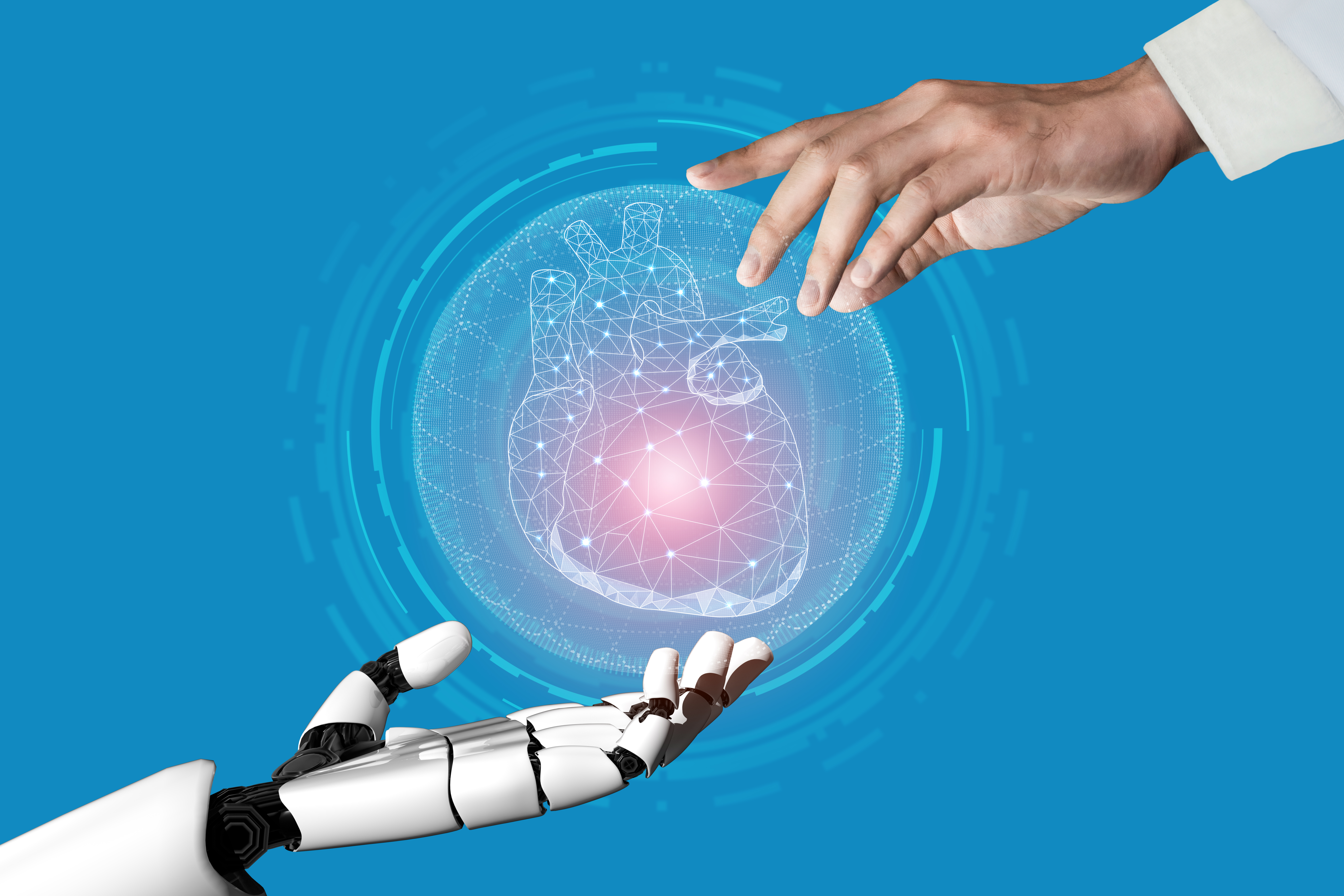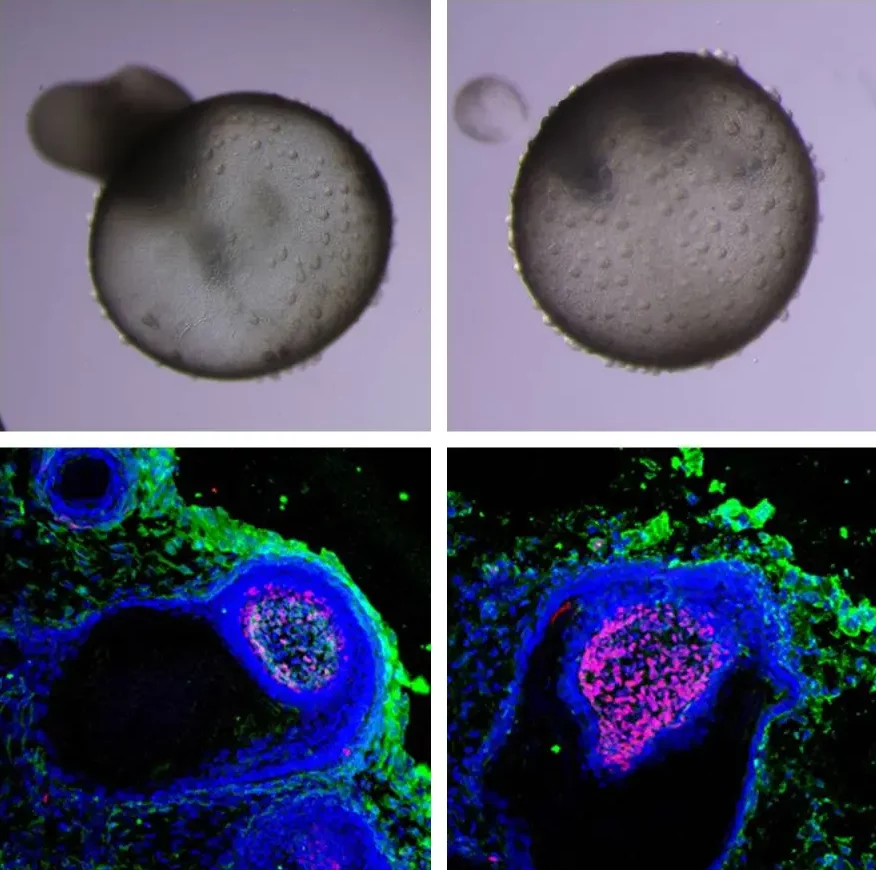What is organoid intelligence (OI)?
Introduction to the concept of organoid intelligence (OI): This research explores the potential of biological computing using brain organoids derived from human stem cells. The term “organoid intelligence” is used to describe the potential of such organoids to mimic human learning, memory, and cognitive functions. It is a field of research focused on utilizing organoids as biological computers to perform more complex and diverse computations. It is proposed as a novel form of technology that could complement or replace existing silicon-based computing technologies.
Technological integration and advancement: The research integrates microfluidic systems and microelectrode arrays to maximize the viability and functionality of brain organoids. Such technological integration supports the organoids to grow and function in an environment closely resembling the actual brain. This allows precise stimulation and recording of intricate neural activity from brain organoids, providing valuable information for scientific experiments and medical applications.
Potential benefits of biological computing: The research highlights how biological systems can be superior to traditional artificial intelligence technologies in aspects of data processing and energy efficiency. Biological computing systems can perform faster and more efficient data processing with less energy, contributing to improved environmental sustainability.
Medical and scientific application possibilities: Organoid intelligence technology can be particularly useful in studying neural developmental disorders and degenerative brain diseases. This technology can help to more accurately model pathologies of diseases like dementia and Alzheimer’s, and aid in developing new treatment strategies. It also enables more precise prediction of human brain responses in drug development and toxicity testing.
Ethical considerations: Organoid intelligence research warrants profound ethical considerations. Studies involving human-derived cells can raise complex moral issues, and it is important to continuously identify and address ethical problems that may arise throughout the research process.
This research explores the potential of biological computing using organoids and comprehensively covers associated technological, medical, and ethical issues. It signifies important progress in methods of mimicking brain function and disease modeling, likely influencing future research directions in this field.
Keywords: Brain organoid, organoid intelligence, biocomputing




